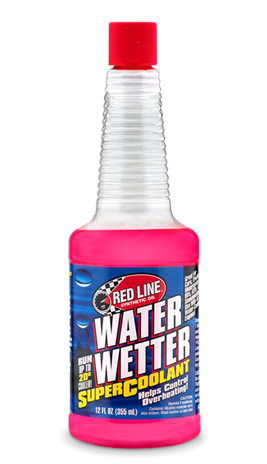Mowing in the spring when stuff is pollinating is a real ordeal for my Kubota tractor because even with a pre filter screen in place the radiator gets covered with pollen and the engine temperature starts heading for the redline. When it’s really bad I have to go back to the garage every 3-4 passes to sweep off the screen and blow out the radiator.
Is there any particular formulation of coolant that is more efficient at transferring heat than the others? I’m not worried about antifreeze properties because I can switch coolant easily between spring and fall, but a more efficient coolant might keep me in the field longer between cleanings.
I doubt there’s enough of a difference to matter but it’s easy enough to ask.
Is there any particular formulation of coolant that is more efficient at transferring heat than the others? I’m not worried about antifreeze properties because I can switch coolant easily between spring and fall, but a more efficient coolant might keep me in the field longer between cleanings.
I doubt there’s enough of a difference to matter but it’s easy enough to ask.

